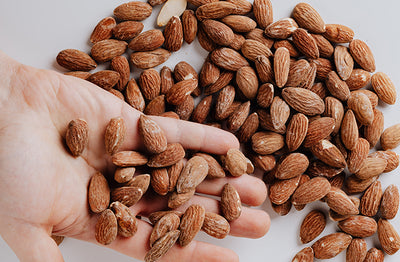Intermittent fasting has gained much popularity lately and may seem like another one of the latest diet fads, but this is not the case. Fasting is not new, our ancestors had to fast for survival, and many people use this ancient practice for religious or spiritual benefit.
What is Intermittent Fasting?
Intermittent fasting (IF) is an eating pattern that involves controlled periods of fasting, allowing the body to burn stored energy. There are many methods, but intermittent fasting typically entails restricting or abstaining from food for a specified interval.
Approaches to Intermittent Fasting
There are many different ways of practising intermittent fasting. The most common methods are eating one meal that provides 25% of calories on two non-consecutive days, 24-hour fasts once or twice per week, or for a specific period. No matter what approach you decide to adopt, ensure you feel good during the fast, before moving on to something more advanced like 24-hour fasts.
-
The 16/8 method—this method involves fasting for 16 hours restricting eating cycle to 8 hours. The 16/8 method is as simple as skipping breakfast, with the eating window usually from 12-8 pm.
-
Alternate-day fasting— Fasting days consist of one meal that provides about 500-600 of daily calories, with no food restriction on other days of the week. For example, fasting can be done on two non-consecutive days; this approach is also known as the 5:2 diet.
-
24-hour fasting— this approach is a longer fast; 1-2 days per week of fasting from lunch to lunch, with no restriction on the other days.
Experiment with different approaches to find something that works for you. If a structured plan is too rigid for you, try skipping meals from time to time or fasting for as long as you can to reap some of the benefits.
Is Intermittent Fasting (IF) Good for you?
While restricting calories for a prolonged time causes the body to go into starvation mode and hinders weight loss, intermittent fasting does not as it involves the restriction of calories for a specific interval to prevent the body adjusting to a calorie restrictive diet. Intermittent fasting can help you cut out calories,
lose weight, and increase your metabolic rate. Fasting for short periods can inhibit noradrenaline, a stress hormone, in turn facilitating weight loss.
The practice is done in short intervals, such as the 16/8 method, 5:2 diet, or fasting for 24 hours. Intermittent fasting may improve health issues including blood pressure, cholesterol levels, insulin sensitivity and inflammation. Other benefits include improved body composition, cell function, and hormone levels.
Intermittent fasting is not beneficial for everyone, especially those who have a medical condition, history of eating disorders, are pregnant or breastfeeding. If you are healthy, intermittent fasting should be safe as long as you keep hydrated and eat healthy foods. Nonetheless, before starting any fast, people should consult their medical provider or physician because if done poorly, fasting can have harmful consequences.















